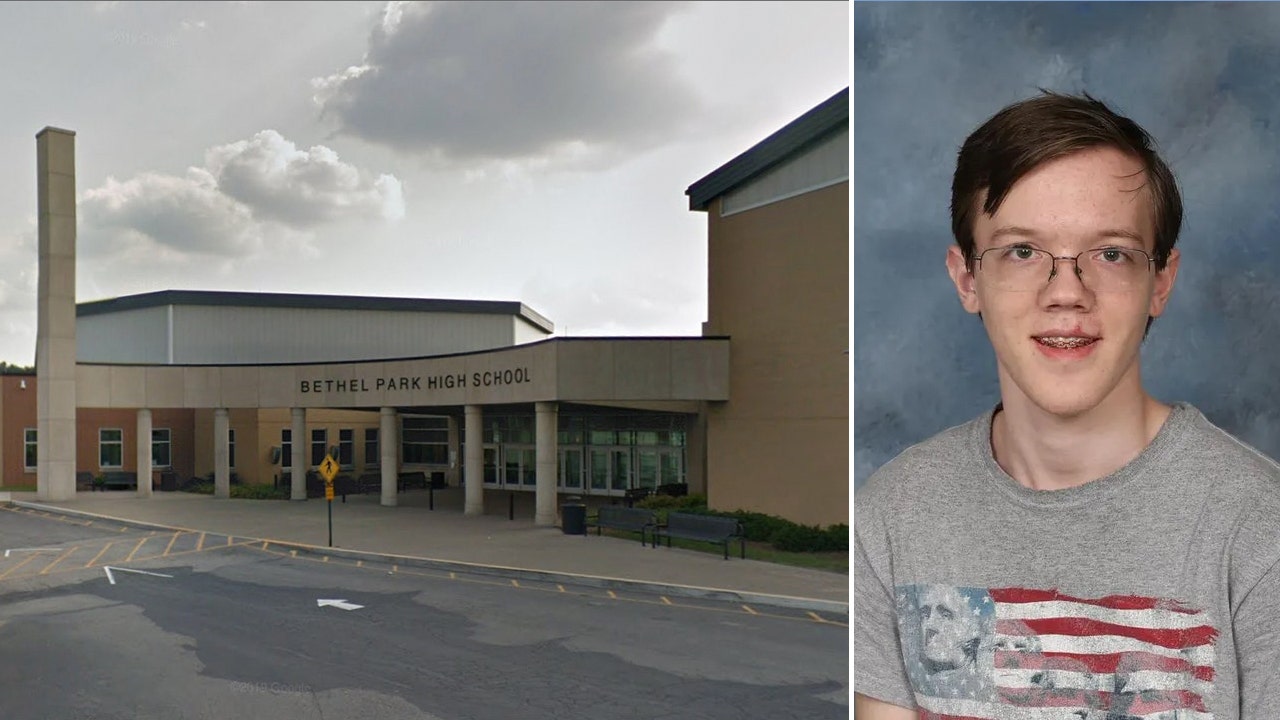Michigan is a general election battleground, and Nikki Haley, defeated again by former President Donald J. Trump in South Carolina, has for months made a general election pitch.
Mr. Trump can’t win in November, she has argued, and will most likely say so again on Sunday at her rally in Detroit. Mr. Trump narrowly lost Michigan to Joseph R. Biden Jr. in 2020 after a presidential term alienating independents and suburban women, the segments of the electorate that make up a strong part of Ms. Haley’s small but not insignificant base. And her campaign has counted the state as one of more than a dozen that are critical to her path to the nomination because they have primaries not limited to registered Republicans.
But the difficulty for Ms. Haley in Michigan, which holds its primary on Tuesday, is similar to that in the early-voting states: She’s running for the Republican Party’s presidential nomination, and the base is sticking with him. The strength she has shown with more moderate voters, even Democrats, has not been enough to overcome his significant advantage.
Richard Czuba, an independent pollster in Lansing, Mich., said the state had a long history of Republican and Democratic voters crossing over in presidential primaries to upend contests and send a message. But he predicted little chance of that for Ms. Haley. The results of the state’s Republican primary this year are seemingly such a foregone conclusion, mostly thanks to Mr. Trump’s dominance, that his polling firm had even stopped bothering to survey voters, he added.
“There is no race,” he said.
Ms. Haley’s campaign only began running its first television advertisements in the state last week, targeting the Detroit area with part of what her officials said was a half-million-dollar buy in the state. Her allied super PAC reported spending a further half a million for ads in the Michigan market as of Saturday, after her loss in South Carolina, according to federal filings.
Ms. Haley is arriving in the state with little to no momentum, even as she has continued to amass donations. She is expected to hold more fund-raisers across the country this week, after another scheduled rally on Monday in Grand Rapids.
Her loss in South Carolina on Saturday was her first ever in her home state, where she rose to become its first female governor. Though she outperformed the polls there, drawing just below 40 percent of the vote, she still did not meet her own benchmark: She did not do better than the 43 percent support she received in New Hampshire in January. In her election night speech and in a video released Sunday, pledging to keep up the fight, Ms. Haley argued the percentages were about the same, casting herself as the voice for the people seeking an alternative to a Trump-Biden rematch.
Polls in the states she is expected to visit this week, including Colorado, Minnesota, North Carolina, Utah and Virginia, show her lagging far behind Mr. Trump.
Hours before the last ballots were cast in South Carolina, Ms. Haley appeared to suggest a winding down could be in sight.
“We’re going to keep going all the way through Super Tuesday,” she told reporters in Kiawah Island, where she voted with her family at a polling station inside a gated community near her home. “That’s as far as I’ve thought in terms of going forward.”
Michigan will award only 16 of 55 delegates based on the results of its primary on Tuesday. The rest will be allotted at its convention on March 2 in a process likely to advantage Mr. Trump.
The state will make for an interesting backdrop. Mr. Trump focused on the voting in Michigan in his efforts to subvert the 2020 election. He won the state by nearly 11,000 votes in 2016, and lost it to Mr. Biden by more than 150,000 votes in his 2020 re-election bid. Mr. Trump has since maintained a chokehold on the state’s Republican Party, as it has fallen into a political maelstrom of warring factions.
Dennis Darnoi, a longtime Republican strategist in Michigan, also rejected the idea that Democrats and left-leaning independents could help Ms. Haley when they have their own competitive contest. Liberal groups have been calling for a protest vote against President Biden over his response to the war between Israel and Hamas. Democratic supporters of the president have been pushing back.
Mr. Darnoi recalled the Haley campaign initially appeared to be sending many texts to the state’s prospective voters but that the communication had dropped off and become intermittent. Her ground game has been “fairly nonexistent,” he said.
“The Michigan primary voter is very supportive of Donald Trump. They are very excited to vote for him,” Mr. Darnoi said, adding that there did not seem to be a lane for anyone else.






